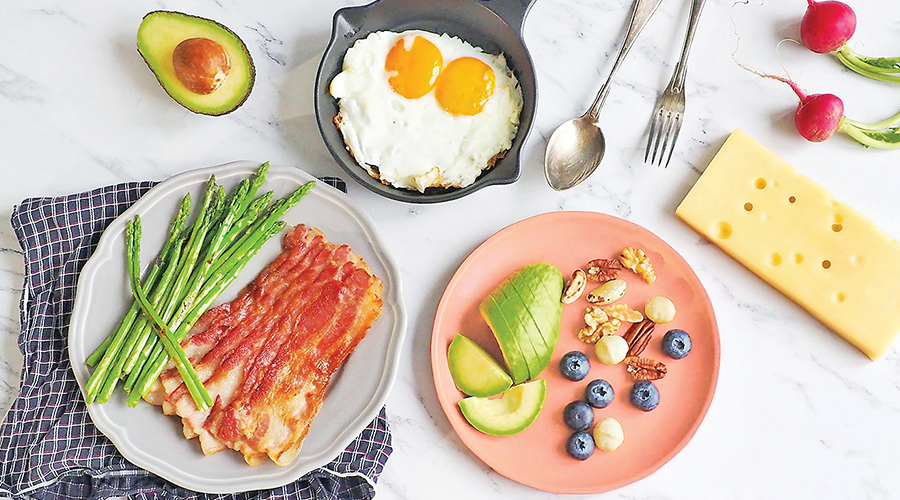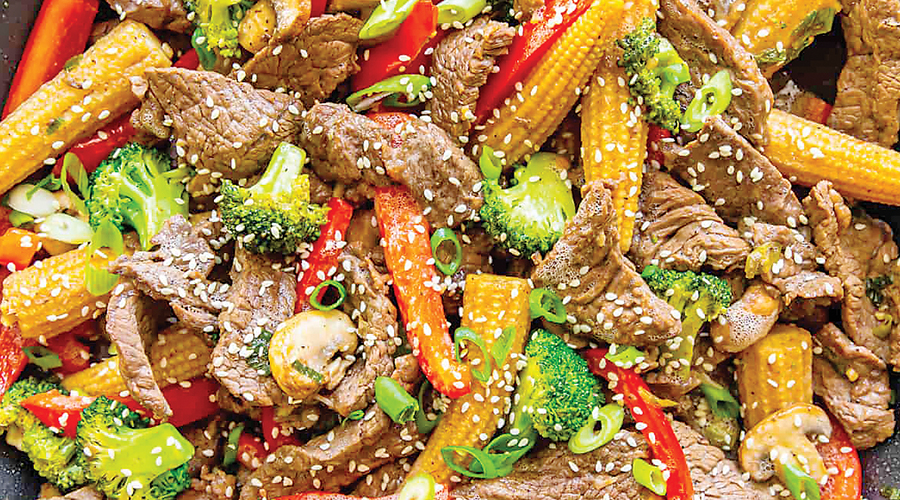DRINKS THAT CAN HELP LOWER OR CONTROL YOUR HIGH CHOLESTEROL LEVELS
- 04 May - 10 May, 2024

The ketogenic (keto) diet has gained popularity worldwide as an effective way to lose weight, manage blood sugar levels, and improve overall health. This article presents a comprehensive keto diet plan tailored to the culinary preferences and food availability in Pakistan. By following this guide, individuals can embark on a journey to better health while enjoying the flavors of Pakistani cuisine.
The keto diet focuses on drastically reducing carbohydrate intake and replacing it with healthy fats. This shift forces the body into a state of ketosis, where it burns fat for energy instead of carbohydrates. The typical macronutrient distribution for a keto diet is approximately 70-75% fat, 20-25% protein, and 5-10% carbohydrates.
Traditional Pakistani cuisine is rich in flavors and can be adapted to fit a keto lifestyle. Here's how to make keto-friendly choices within popular Pakistani foods:
Meats: Opt for lean meats such as chicken, turkey, and fish. Include organ meats like liver and kidney for added nutrients.
Vegetables: Choose low-carb vegetables like spinach, cauliflower, broccoli, and cabbage. These can be used in various curries and stir-fries.
Fats and Oils: Embrace healthy fats from sources like ghee, coconut oil, olive oil, and avocados. These are essential for a successful keto diet.
Dairy: Incorporate full-fat dairy products like yogurt and paneer (cottage cheese) in moderation.
Spices and Herbs: Pakistani cuisine is renowned for its use of spices and herbs. These can be freely added to enhance flavors without significantly impacting carb intake.

Note: Portion sizes may vary based on individual calorie needs.
Day 1:
Breakfast: Scrambled eggs cooked in ghee with spinach and tomatoes.
Lunch: Grilled chicken with a side of cucumber and mint raita.
Snack: Mixed nuts (almonds, walnuts) and a small portion of cheese.
Dinner: Palak paneer (spinach and cottage cheese curry) cooked in coconut oil.
Day 2:
Breakfast: Omelette with bell peppers, onions, and cheese.
Lunch: Fish curry made with coconut milk and served with cauliflower rice.
Snack: Slices of cucumber and bell peppers with hummus.
Dinner: Chicken kebabs with a side of salad and olive oil dressing.
Day 3:
Breakfast: Greek yogurt topped with chopped almonds and a drizzle of honey (in moderation).
Lunch: Beef stir-fry with colorful vegetables in sesame oil.
Snack: Boiled eggs seasoned with salt and black pepper.
Dinner: Daal (lentil curry) made with minimal lentils and lots of vegetables.
Stay Hydrated: Drink plenty of water throughout the day to stay hydrated and support bodily functions.
Electrolytes: As the body adapts to a keto diet, there's a risk of electrolyte imbalances. Consume foods rich in potassium, magnesium, and sodium or consider taking supplements under medical guidance.
Consult a Professional: Before starting any new diet, especially one as restrictive as keto, consult a healthcare professional or a registered dietitian to ensure it's suitable for your individual needs.
Variety: Incorporate a variety of foods to ensure you're getting a wide range of nutrients.
Adopting a keto diet in Pakistan involves making mindful food choices that align with the principles of low-carb, high-fat eating. By embracing traditional Pakistani ingredients and flavors, individuals can enjoy a healthier lifestyle while reaping the benefits of the keto diet. Remember that individual results may vary, and seeking professional advice is crucial before making any significant dietary changes.
COMMENTS